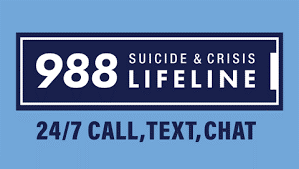Need Help Now?
We’re here to help you . . .
Beaver County Crisis at 800.400.6180
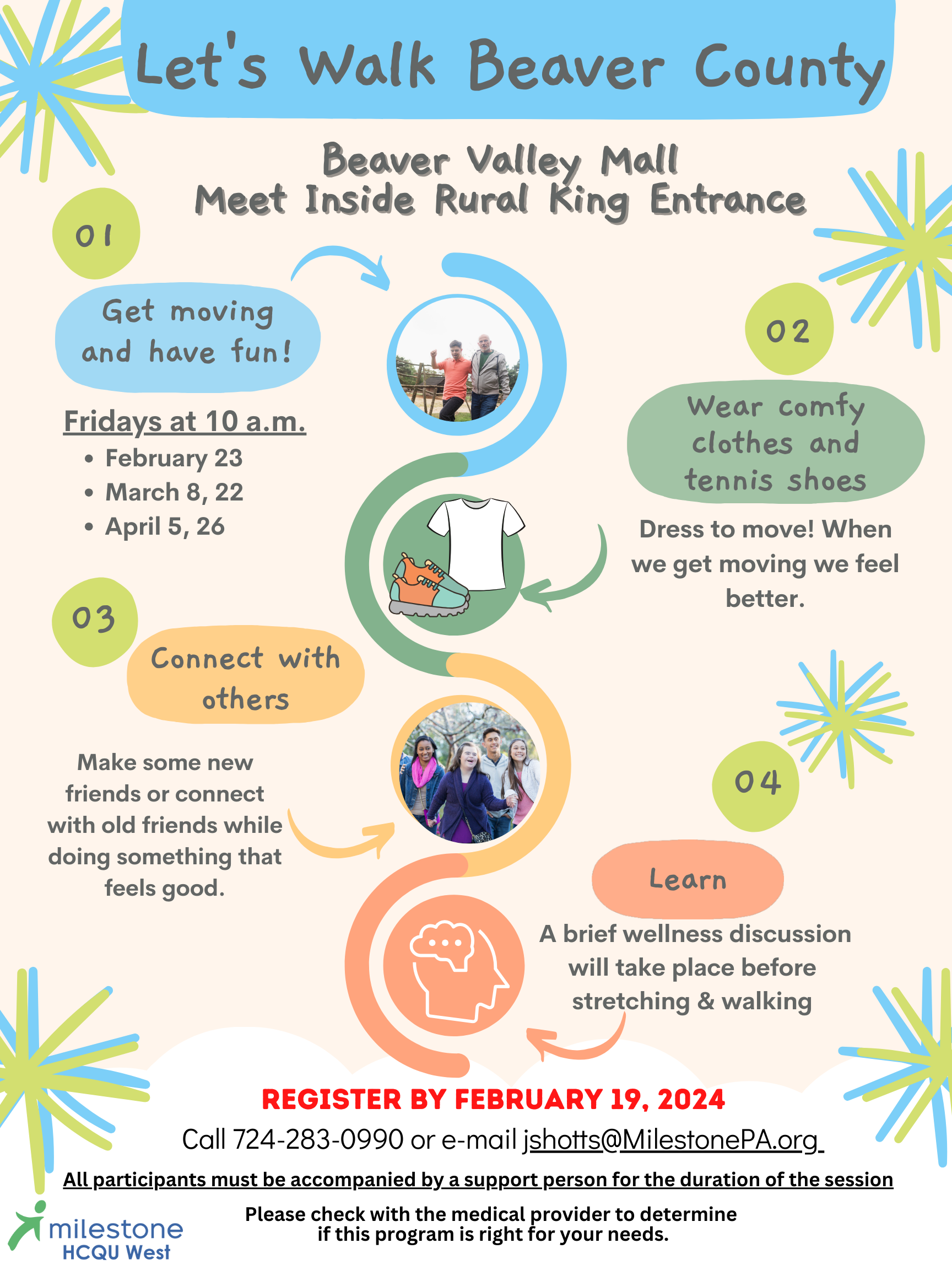
The CRISIS Walk-in hours are Monday – Friday from 8 a.m. – 5 p.m.
The Walk-in is located at 1020 8th Ave., Suite 136, Beaver Falls, PA 15010.
Mobile hours will be Monday – Friday from 9 a.m. – 7 p.m.
Telehealth Services are available 7 days a week – 7 a.m. – 10 p.m.
The CRISIS Hotline remains available 24/7 at 724-371-8060 or 1-800-400-6180.
View/Print/Share the full-size Flyer
View/Print/Share Distribution Cards (4 per sheet)
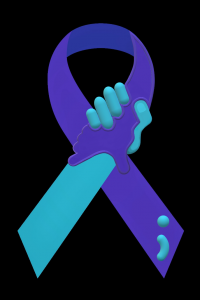


Thank You for joining us at the Beaver County
Zero Suicide Town Hall Meeting on September 7th!
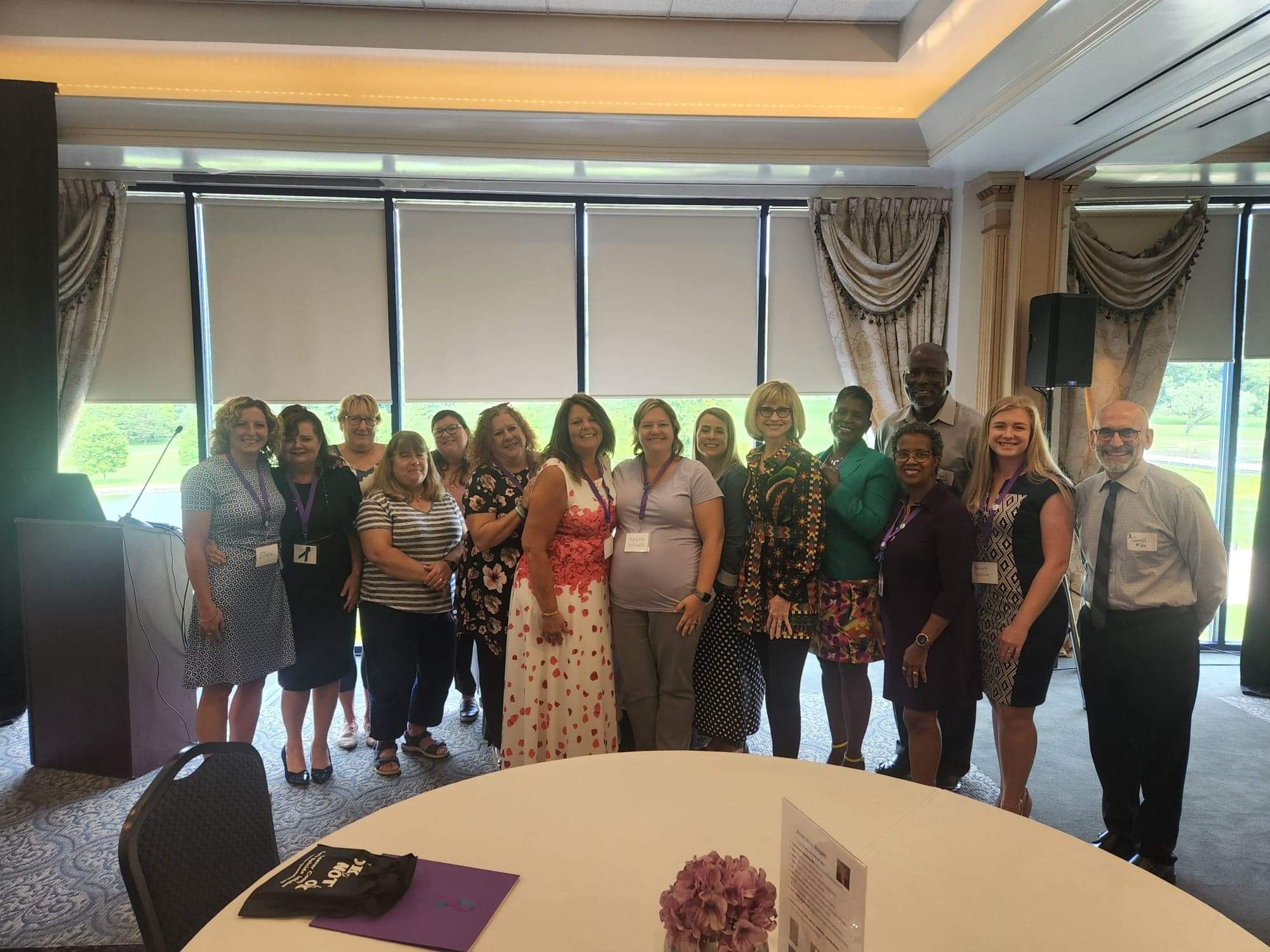
Our Town Hall theme was “Creating Hope through Action
and Connection” and our presenters shared many of their
resources with Beaver County. Click here to access their
PowerPoint Presentations and more.
Talk To Someone Now
SHARE:
Share on Facebook
Share on Twitter
Share with email
If you’re thinking about suicide,
are worried about a friend or loved one,
or would like emotional support,
the Lifeline network is available 24/7
across the United States.
Welcome to Beaver County’s
Zero Suicide Initiative Webpage
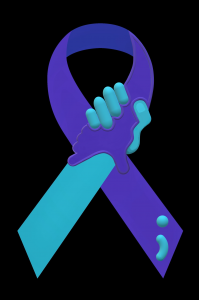
What is Zero Suicide?
The Zero Suicide framework is a system-wide organizational commitment toward
safer suicide care in health and behavioral health systems.
Get The Fact Sheet

Essential Elements of Suicide Care
- Lead system-wide culture change committed to reducing suicides
- Train a competent, confident, and caring workforce
- Identify individuals with suicide risk via comprehensive screening and assessment
- Engage all individuals at-risk of suicide using a suicide care management plan
- Treat suicidal thoughts and behaviors using evidence-based treatments
- Transition individuals through care with warm hand-offs and supportive contacts
- Improve policies and procedures through continuous quality improvement
The Data
From NAMI (National Alliance on Mental Illness)
Suicide is the 2nd leading cause of death among people aged 10-34 in the U.S.
Suicide is the 10th leading cause of death in the U.S.
The overall suicide rate in the U.S. has increased by 31% since 2001
46% of people who die by suicide had a diagnosed mental health condition
90% of people who die by suicide had shown symptoms of a mental health condition, according to interviews with family, friends, and medical professionals (also known as a psychological autopsy)
Lesbian, gay and bisexual youth are 4x more likely to attempt suicide than straight youth
75% of people who die by suicide are male
Transgender adults are nearly 12x more likely to attempt suicide than the general population
Annual prevalence of serious thoughts of suicide, by U.S. demographic group:
4.3% of all adults
11.0% of young adults aged 18-25
17.2% of high school students
47.7% of lesbian, gay, and bisexual high school students
Back to School
Suicide Prevention Resources
for Schools

As students head back to school, help put suicide prevention on the agenda for the new academic year by using and sharing these materials.
A confidentiality template for posting outside a teacher, coach, or school counselor’s office so students understand the process and what is kept in confidence.
10 Tips for Preventing Suicide in Our Children:
A guide for parents and caregivers.
Suicide prevention resources for middle school and high school settings
Information sheets to help high school teachers and mental health providers prevent suicide
Resources for teens who may be at risk
A toolkit to help middle and high schools respond to a student suicide death
Guidance on implementing trauma-informed practices in schools
Self-Harm and Suicide Awareness and Prevention in Childhood and Early Adolescence:
A Resource for Elementary School Educators & School-Based Professionals
When children talk about death or a wish to die, or hurt themselves—when they engage in suicidal thoughts and behaviors (STBs)—school adults often feel scared. They may feel they don’t have adequate training to guide their response. This can lead educators to react in unhelpful or even harmful ways, such as minimizing or ignoring the child’s support needs.
This resource provides critical knowledge and resources to help schools recognize and assess the warning signs of STBs, and to respond in ways that keep children as safe as possible.
What’s inside the guide?
Guidance on what language to use with young children experiencing STBs
Myths and facts about STBs in children and early adolescents
Risk factors and warning signs
Identification and referral strategies
Appropriate educator and school responses to STBs
Who is this guide for?
Elementary school educators
School leaders and administrators
School mental health personnel

PACIFIC SOUTHWEST MHTTC:
“To equip you and your school with prevention tools and methods, access the Self-Harm and Suicide Awareness and Prevention in Childhood and Early Adolescence: A Resource for Elementary School Educators & School-Based Professionals today!”
The Suicide Prevention Resource Center (SPRC) has compiled a selection of web pages and information sheets on mental health and coping with the effects of COVID-19.
These resources are a selection from key organizations in the field.
We will continue to update this list as new resources become available.
I’m struggling with suicidal thoughts.
I want to help someone who is
experiencing suicidal thoughts.
I’ve lost someone to suicide.

TRANSITION AGE MOBILE CRISIS
Transition Age Mobile Crisis is a short-term service in Beaver County that will respond by phone within one hour and attempt face-to-face contact in 24 hours to assess, stabilize, and link families to available supports and services while offering side-by-side support. Referrals can come from provider agencies, Courts, Schools, Self-referrals, CYS, etc.
Have Questions? Young people who are experiencing a crisis (and their family members)
are encouraged to call us at 724-630-5189.
STAR-Center | Young Adult Transition Group | A Treatment Manual
To address the needs of young adults transitioning out of child/adolescent mental health services, we developed a brief group intervention delivered to young adults and their parents during the 6 months prior to college or transition to living independently in the community. For young adults, we offer a monthly 60-minute group that begins in March and ends in August of the final year of high school. Three concurrent parent sessions are offered in March, May, and August. Parents and young adults join together for the final group to celebrate and conclude treatment. The transition group program sessions focus on scaffolding knowledge about one’s own skills (and deficits) related to independent living, successful transition to college or community, and ability to independently manage a chronic mental health disorder. Didactics and discussion focus on ways young adults can gradually build toward greater independence in several different domains.
To print this manual, click here
Immediate Help is Available:
Beaver County Crisis
Need Help Now?
We’re here to help you . . .
Beaver County Crisis at 800.400.6180
PA’s Mental Health/Warmline
As we know, we’re in an unprecedented time for everyone. It’s uncertain and very scary. This fear is completely understandable, and the indefinite timeline is likely creating a lot of anxiety during a time where we may be or feel more removed from our support networks. But social distancing doesn’t have to mean social isolation, and we want people to know that even as we all face this difficult period, no one is alone.
As of April 1 at 6 p.m. a new resource became available to the citizens of PA. A 24/7 mental health and crisis support line for people dealing with anxiety or other difficult emotions became available. Callers will be able to speak with staff who are trained in trauma-informed principles and will listen, assess the person’s needs, triage, and refer to other local supports and professionals as needed.
The Mental Health Support Line can be reached toll-free, 24/7
at 1-855-284-2494 from anywhere in PA.
It’s a difficult time, and it’s easy to feel alone and cut-off from the world, but we need people to know that they are not alone, and support is available. Please help share the word about this resource.
National Suicide Prevention Lifeline
If you or someone you know is in an emergency,
call the National Suicide Prevention Lifeline at 800-273-TALK (8255) or call 911 immediately.
National de Prevención del Suicidio
1.888.628.9454
The Crisis Text Line
The Crisis Text Line provides free, 24/7, confidential support via text message to people in crisis when they text PA to 741741.
Options for Deaf + Hard of Hearing
1.800.799.4889
Veteran’s Crisis Line
1.800.273.8255 (Press 1)
TransLifeLine
1.877.565.8860
Disaster Distress Helpline
1.800.985.5990
Additional options if you need to talk to someone at this difficult time.
This Beaver County System of Care webpage includes information about:
The Warmline of Beaver County
Teletherapy & Videoconferencing therapy sessions
Preparing for a video appointment with your mental health clinician
Pennsylvania’s New COVID-19 Crisis Counseling Program
… and other supportive resources
County Highlight:
Beaver County Suicide Prevention Task Force
In November, the Garrett Lee Smith Newsletter highlighted Beaver County’s Suicide Prevention Task Force. While it is important to highlight all the amazing work the task force is currently doing, we wanted to hear from Beaver County about the history of the task force and how it got to where they are today. We are excited to share this interview with all GLS partner counties.
Some of the questions we asked include:
• When did the suicide prevention task force start and what was the impetus for starting?
• Who was involved (initial “champions”)
• Who was instrumental in growing the task force into what it is today?
Click below to read the interview in its entirety.
https://www.preventsuicidepa.org/wp-content/uploads/2021/11/Beaver-County-Interview.pdf

Kudos to all of you!
We appreciate your ongoing commitment to this initiative,
to the people of Beaver County, and to one another.
Sharable Resources:
This two-sided card (4″ x 6″) provides warning signs of suicide and helpful resources.
“Working Together to Prevent Suicide“
15000 resource cards (shown above) were distributed throughout Beaver County and we’re still printing more!
We created a one-minute slide show to recognize and show our appreciation to all who are helping and supporting the Zero Suicide Initiative. Visit these local restaurants, County offices, law enforcement agencies, service providers, pharmacies, schools, social service providers and other businesses to get your card.
To request card refills, please email: [email protected]
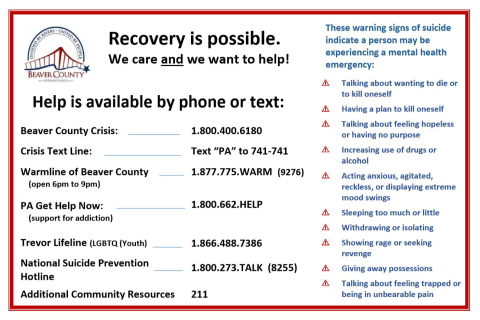
This convenient magnet is available to raise awareness and provide helpful resource numbers.
To request magnets, please email: [email protected]
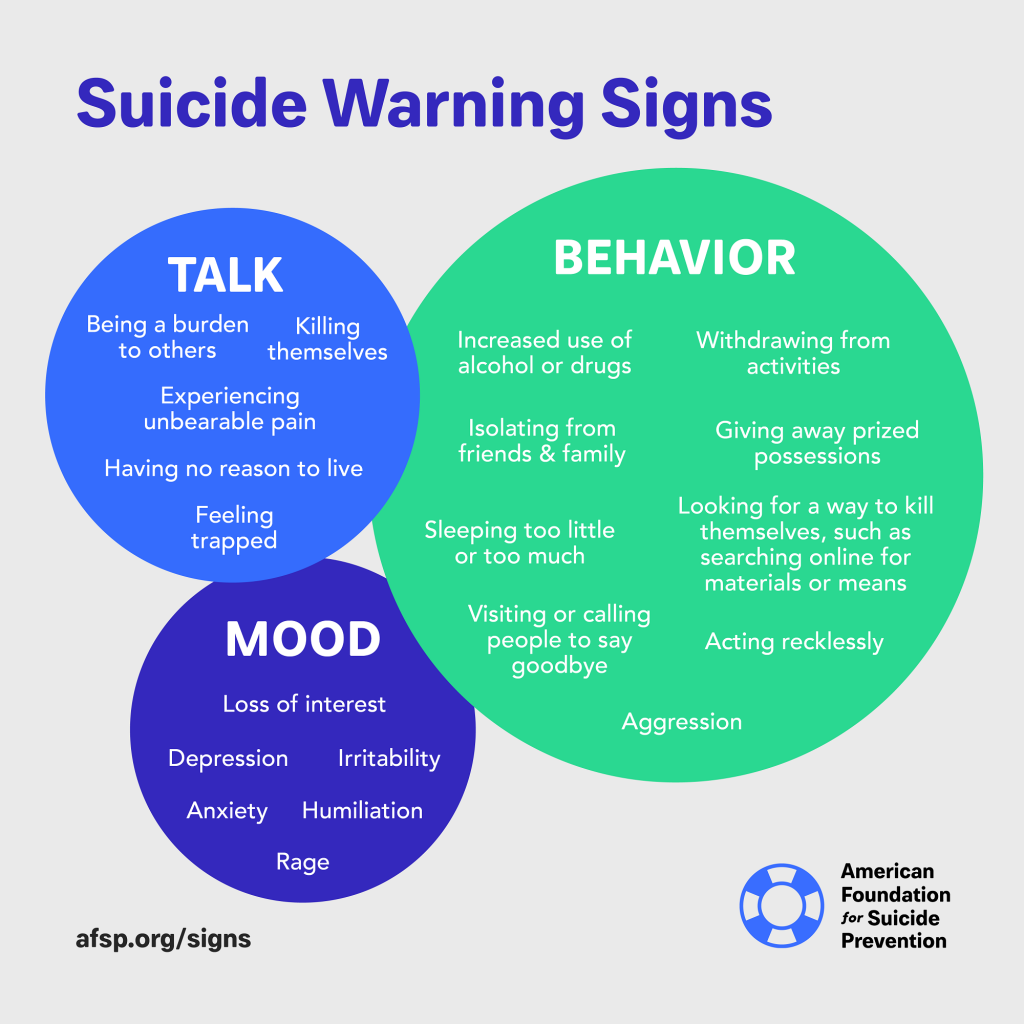
(Print / Enlarge / Share this poster)

